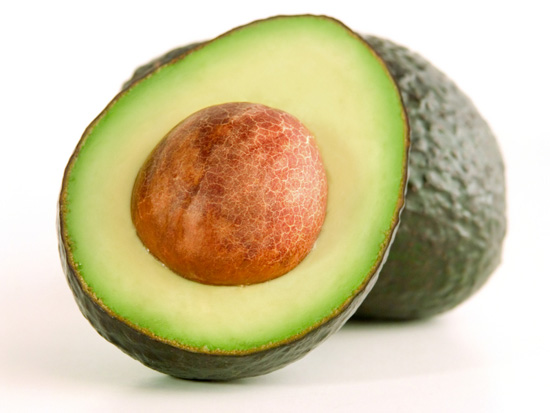Does a low carb diet help if you have Diabetes?
Diabetes is a disorder closely linked to carbohydrate metabolism. When eating foods such as bread, rice, pastries, or starchy vegetables, we consume large amounts of carbohydrates. In our bodies, this nutrient is decomposed to sugars which leads to an increased level of glucose in the blood stream. The high glucose level, in turn, causes the health problems we usually associate with diabetes. Therefore, common sense would suggest that any diet based on the consumption of small quantities of carbohydrates (i.e. any low carb diet) would alleviate these diabetes-related conditions.
This, however, is not always the case. The medical community in the US is notoriously split on the role of carbohydrate reduction in the treatment of diabetes.
Thus, the American Diabetes Association (ADA), while recognizing the benefits of low carbohydrate consumption, refuses to officially endorse any low-carb diet, claiming that such a diet would be difficult to follow by the patients. The Association opposes diets that prescribe daily carbohydrate intake of less than 130 grams because they would restrict the much needed supply of glucose to the brain and the nervous system. As an alternative, the American Diabetes Association proposes a more varied mixture of nutrients that should support a fair number of medications in the battle against diabetes.
In the other corner of the dispute is Dr. Bernstein, one of the leading American endocrinologists and author of the book The Diabetes Diet: Dr. Bernstein's Low-Carbohydrate Solution. In his book, Dr. Bernstein argues for a carbohydrate intake of 30 grams (120 calories) per day, insisting that such a low consumption, accompanied by exercise, regular blood sugar monitoring, and proper medication, would significantly improve a diabetic's health. Moreover, Dr. Bernstein recommends his diet to anybody wishing to lose weight and promises that its observance will not result in the lack of energy and weakness characteristic of other diets.
A study conducted in Sweden confirmed that type 2 diabetes patients showed continued improvement in their blood sugar levels after 22 months on a carbohydrate restricted dietary regime. On the average, insulin-dependant patients cut the required insulin dosage by half. The American Diabetes Association agreed that low carbohydrate diet may be beneficial for patients with type 2 diabetes. However, the association does not recommend diets that are very low on carbohydrates because some of the diabetics find them excessively restrictive. The spokesman of ADA Nathaniel Clark pointed out that people on a low carbohydrate regime are not able to stick to it in the long run. The President of the American Diabetes Association recommends that diabetics limit the intake of carbohydrate heavy foods such as starchy vegetables, bread, grains, rice, and fruit. However, consumption of carb-heavy products should not be avoided completely because they also contain vitamins and minerals.

In patients with type 2 diabetes, it is important to monitor cholesterol levels and blood pressure, thus reducing the risk of developing cardiovascular problems. Cardiovascular diseases account for approximately two thirds of the death cases in patients with type 2 diabetes.
Nowadays, among the dietitians in the United States, there are large numbers of proponents of each view as well as a third party of moderates who champion a balanced intake of carbohydrates.
So, which way should you go if you suffer from diabetes? Unsurprisingly, the answer lies within you, that is, within your body. Simply put, there is no universal cure for diabetes that will prove beneficial in all individual cases. Therefore, you will have to try for yourself which approach is better tolerated by your body and stick to it with perseverance. One piece of advice, though - whatever you decide on, always consult a health professional.
